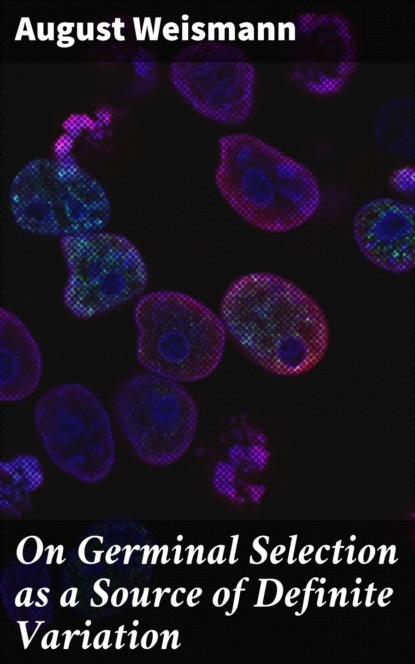Volume 100 pages
0+
On Germinal Selection as a Source of Definite Variation
About the book
In «On Germinal Selection as a Source of Definite Variation,» August Weismann presents a groundbreaking exploration of evolutionary theory that challenges conventional notions of heredity and adaptation. Through rigorous analysis and eloquent prose, Weismann posits that germinal selection'Äîselection occurring at the level of the germ cells'Äîplays a critical role in generating variation within species. His literary style is marked by clarity and precision, reflecting a meticulous scientific approach that was revolutionary for the late 19th century. Positioned in the context of Darwin's natural selection, Weismann's arguments invite readers to reconsider the mechanisms underlying evolution, paving the way for modern genetics and evolutionary biology. August Weismann, a prominent biologist and an essential figure in the advancement of evolutionary thought, laid the groundwork for future scientific inquiry with this seminal work. Influenced by the shortcomings he perceived in contemporary evolutionary theories, Weismann sought to elucidate the processes that govern heredity and variation. His rejection of the Lamarckian inheritance of acquired characteristics highlighted his forward-thinking perspective, ultimately contributing to the establishment of germ plasm theory. This book is highly recommended for scholars and enthusiasts of evolutionary biology alike. Weismann'Äôs insightful examination of germinal selection remains relevant, offering profound implications for our understanding of genetics today. Engaging with this text not only enriches one's knowledge of evolutionary principles but also invites critical reflection on the interplay between heredity and the evolutionary process.
